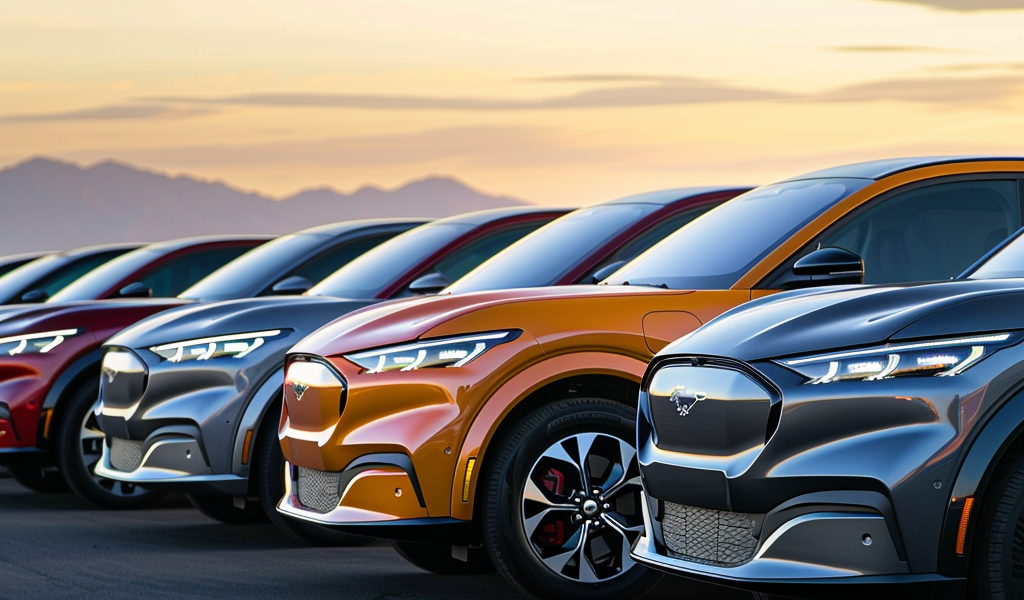Automakers are facing a tough reality as they grapple with the consequences of killing off small cars in favor of heavy, expensive SUVs, trucks, and electric vehicles (EVs). Ford, in particular, is starting to feel the pinch of this strategic shift, realizing that perhaps betting on larger vehicles was not the wisest move.
The electric vehicle revolution, although showing some growth in sales, is not meeting the lofty projections set by automakers. Ford, like many others in the industry, is witnessing significant losses on each vehicle sold, with overall losses amounting to billions. The Verge recently reported that Ford is beginning to question whether prioritizing fully-loaded electric SUVs over smaller, more affordable cars was a misstep.
It’s not just Ford feeling the heat. Mercedes CFO Harald Wilhelm described the EV market as a ‘brutal space’ following a downturn in profits and revenues for the luxury automaker in Q3 of 2023 due to EV-related issues. General Motors also faced EV losses of $1.7 billion earlier in the year, signaling a broader industry trend of financial challenges.
While the automotive landscape is evolving, Ford’s strategy stands out. In 2018, the company made the bold decision to discontinue several small car models including the Fiesta, Focus, Fusion, and Taurus in North America, shifting its focus away from non-truck and SUV offerings. Shortly after, Ford announced significant investments in the electric vehicle sector, leading to the launch of popular models like the Mustang Mach-E and F-150 Lightning in the early 2020s.
However, the current market dynamics are proving challenging for Ford. The company’s heavy investment in expensive trucks and EVs at the expense of smaller cars has resulted in substantial financial losses. Ford’s first-quarter earnings report revealed a staggering $1.3 billion loss from the sale of just 10,000 electric vehicles, translating to a loss of $130,000 per EV sold.
Even Ford’s ‘Model e’ tech division experienced an 84 percent decline in revenue. While the EV segment is struggling, sales of larger trucks and SUVs are providing some stability for the company, with models like the Escape, Explorer, Expedition, and Bronco collectively selling nearly 217,000 units, representing a 15 percent increase.





